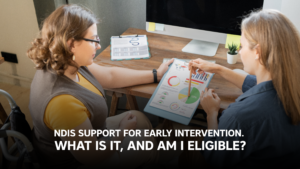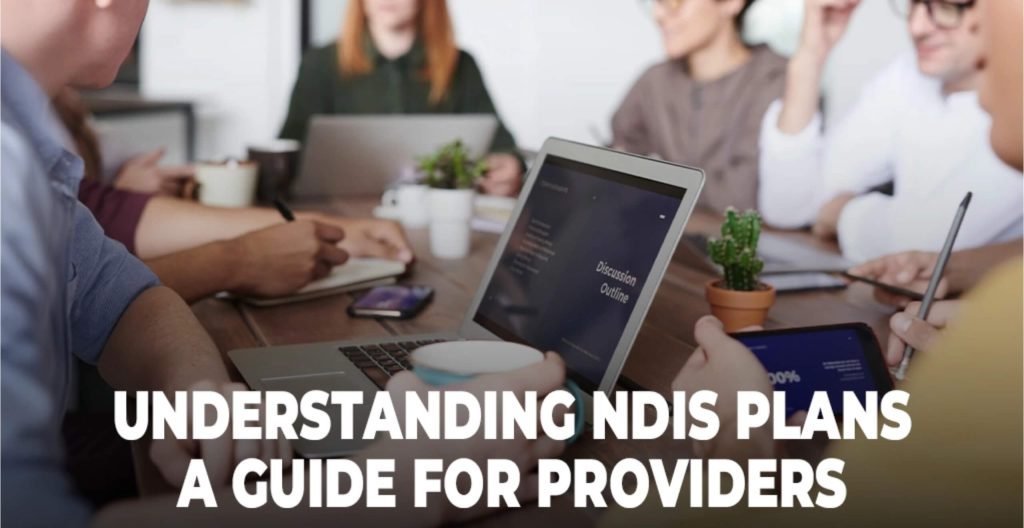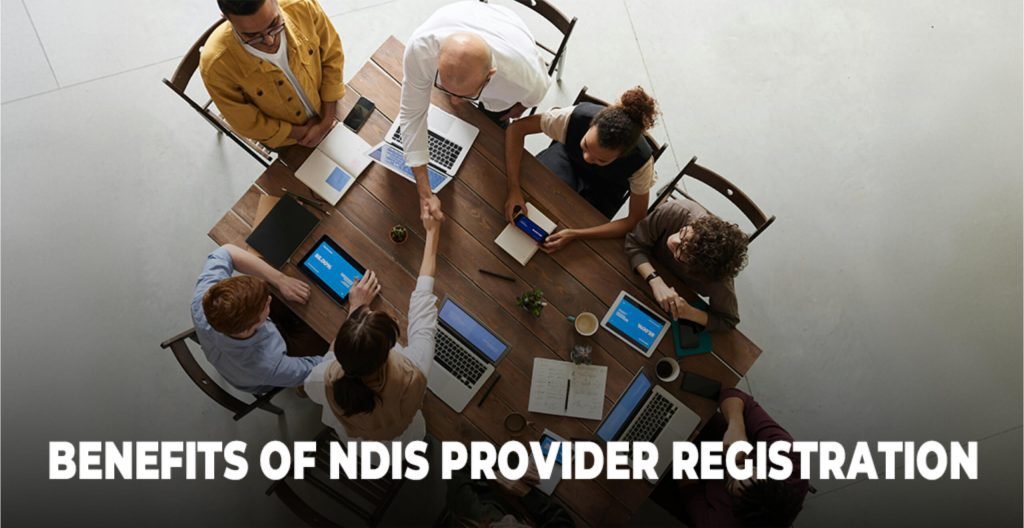Starting an NDIS business can be a rewarding venture, offering vital support and services to individuals with disabilities across Australia. However, navigating the process of NDIS provider registration and establishing a successful business involves several important steps. This guide will help you understand the key stages of starting an NDIS business, from initial planning to registration and beyond.
1. Understanding the NDIS Framework
Before embarking on your business journey, it’s essential to have a clear understanding of the National Disability Insurance Scheme (NDIS) and its requirements. The NDIS aims to provide support to people with disabilities, ensuring they receive services tailored to their individual needs. Familiarise yourself with the NDIS framework, including the types of services covered and the standards providers must adhere to.
2. Research and Planning
Starting an NDIS business requires careful research and planning. Begin by determining the specific services you wish to offer and identifying your target market. Decide whether you want to provide a broad range of services or specialise in a particular area.
Draft a comprehensive business plan outlining your goals, target audience, services, and financial projections. This plan is crucial for guiding your business decisions and securing any necessary funding. If you need additional guidance, consulting an NDIS consultant can provide valuable insights and support.
3. Meeting the Registration Requirements
To operate as an NDIS provider, you must complete the NDIS provider registration process. This involves meeting specific criteria and demonstrating your ability to deliver services that comply with NDIS standards.
Start by preparing the necessary documentation as outlined in the NDIS provider registration checklist. This checklist includes evidence of your qualifications, policies and procedures, and proof of financial viability. Adhering to these requirements will help streamline the registration process and minimise delays.
4. Understanding the Costs
A significant consideration is the NDIS registration cost. The expenses associated with becoming an NDIS provider can vary depending on the services you offer and the size of your business. This includes registration fees, audit costs, and ongoing compliance expenses.
Having a clear understanding of how much it costs to become an NDIS provider is essential for effective financial planning. Engaging with an NDIS consultant can help you get a detailed view of potential costs and provide strategies for managing expenses efficiently.
5. Preparing for an NDIS Audit
Once registered, your business will need to undergo an NDIS audit to ensure compliance with NDIS standards. Preparing for this audit involves reviewing your practices and documentation to ensure they meet the required standards. The NDIS audit checklist is a helpful tool in this preparation, guiding you through the necessary steps.
Audits can be challenging, but they also provide an opportunity to review and improve your operations. By addressing any issues highlighted in the audit, you can enhance your service delivery and maintain compliance.
6. Continuous Improvement and Compliance
Starting an NDIS business involves more than just registration and audits; it requires ongoing compliance and continuous improvement. The NDIS landscape is ever-evolving, so staying informed about changes to policies and procedures is crucial for maintaining high standards.
Engage with industry updates, attend relevant workshops, and seek feedback from participants to ensure your services remain effective and compliant. Cultivating a culture of continuous improvement within your organisation will help you adapt to changes and enhance your service delivery.
7. Registered vs. Unregistered Providers
While many businesses opt for registered status, some may consider how to become an unregistered NDIS provider. Operating as an unregistered provider has its own set of benefits and limitations. Unregistered providers are not listed on the NDIS provider register, which may impact their visibility but offer different operational flexibilities.
If this route interests you, weigh the benefits against the potential drawbacks. Ensure you fully understand the responsibilities and limitations associated with being an unregistered provider.
8. Building a Successful NDIS Business
 The success of your NDIS business hinges on your ability to deliver high-quality services and manage operations effectively. Focus on building strong relationships with participants, maintaining compliance with NDIS standards, and continually improving your services.
Invest in staff training, implement efficient processes, and seek regular feedback to enhance your business practices. By committing to excellence, you’ll position your NDIS business for long-term success and positive impact.
Latest NDIS News in Australia

ndis business profitability strategies and factors
Becoming an NDIS provider Registration is a great investment and a business opportunity that offers a lot and while navigating NDIS business registration​ and NDIS

Allied Health Professionals in NDIS: What you need to know
The NDIS Scheme helps a large group of people with disabilities in Australia by providing support and services to enhance their lives. And to become

How to create a positive NDIS participant experience
How to create a positive NDIS participant Whether you’re Working as an NDIS provider or wanting to become an NDIS provider, Ensuring a great experience

Common Mistakes in NDIS Audit and How to Avoid Them
Becoming a National Disability Insurance Scheme become an NDIS provider provider can be a great business opportunity, but it also comes with a lot of

NDIS Plan Management Self Managed VS Plan Managed
Helping participants navigate their plans effectively is an essential part of providing service and ensuring quality in your provider business. NDIS plan management is fundamentally

How to Stay Informed: NDIS Resources and Updates You Need to Know
NDIS Resources Navigating the National Disability Insurance Scheme (NDIS) can often feel challenging and overwhelming. With updates on policy changes, new guidelines, and various support
Hear from Our Clients












